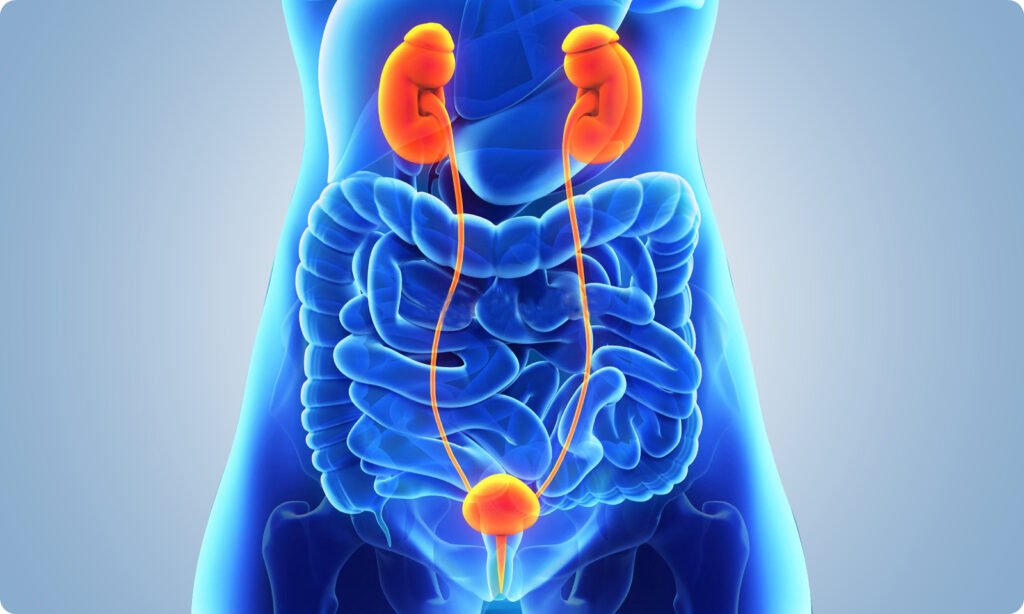Departments
Urology
In the ruling period of the ancient Egyptians and Greeks, doctors frequently examined the patients’ urine colour, odour, and texture. They also looked for bubbles, blood, and other signs of disease in the urine. Today, an entire specialization of medicine focuses on the health of the urinary system. It is known as urology. Now let us look at what urologists do and when you should consider visiting a specialist.
Let's know about Urologist
Urologists diagnose and treat the diseases found in the urinary tract in both men and women. They also diagnose and treat anything concerning the reproductive tract in men.
The urinary tract is the system that is responsible for creating, storing, and removing urine from the body. Urologists can treat any part of this system, including the: kidneys, Ureters, Bladder, Urethra, and Adrenal glands. Urologists also treat all body parts of the male reproductive system, including the: penis, prostate, and testicles.


A glimpse of our Urologist specialist
Raghu Sarath (M. Ch. Urology) is a urologist specialist and Laparoscopic and kidney transplant surgeon at Aditya Multi-speciality hospital.
When you visit a urologist, they will start analysing your condition by suggesting the following tests to figure out the problem;
- Imaging tests, like a CT scan, or MRI scan (ultrasound) allow them to examine your urinary tract.
- They can suggest a cystogram, which concerns taking X-ray images of your bladder.
- Your urologist may perform a cystoscopy, which involves using a thin scope named a cystoscope to see the inside of the urethra and bladder.
- They may perform a post-void residual urine test to find the flow rate of urine leaving the body during urination, it also indicates the amount of urine left behind in the bladder after urination.
- They will ask for a urine sample to check for any bacteria that might cause infections.
They may also conduct a urodynamic test to measure the pressure and volume inside your bladder.
When should one can consider visiting Urologist
Your primary care doctor can medicate you for basic urinary problems, such as UTI. You may consider visiting a urologist specialist for certain conditions; for example, a man diagnosed with prostate cancer should pay a visit to a cancer specialist called an oncologist and a urologist.
symptoms for issues in the urinary tract:
- Blood in your urine
- A repeated or urgent need to urinate
- Pain in your lower back, pelvis, and sides
- Pain or burning sensation during urination
- Trouble urinating
- Urine leakage
- Weak urine flow and dribbling
You should consider visiting a urologist if you are a man with the following symptoms; decreased sexual desire, a lump in the testicle, and concern regarding erections.
